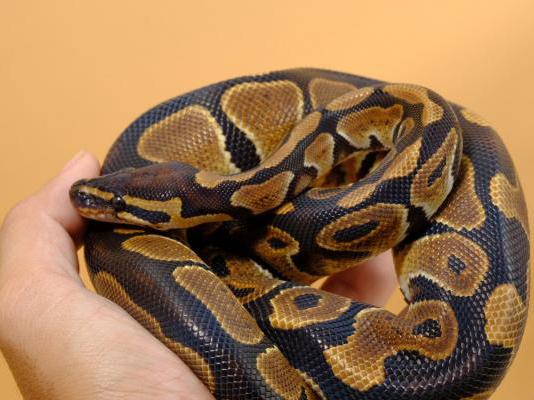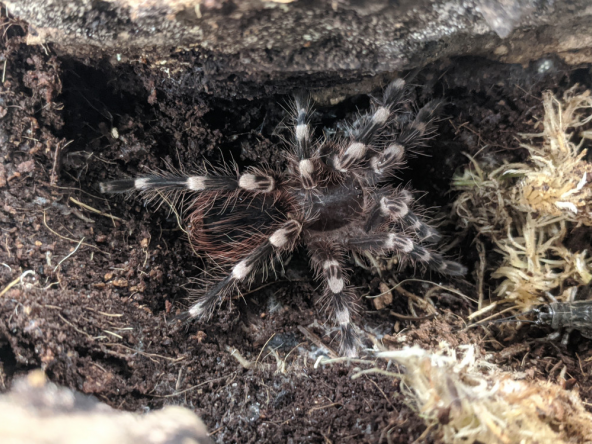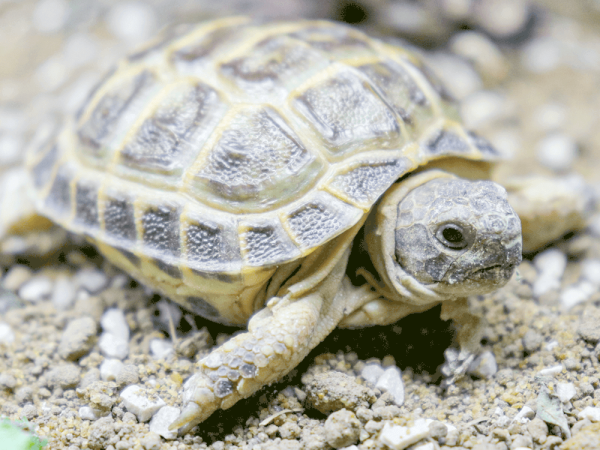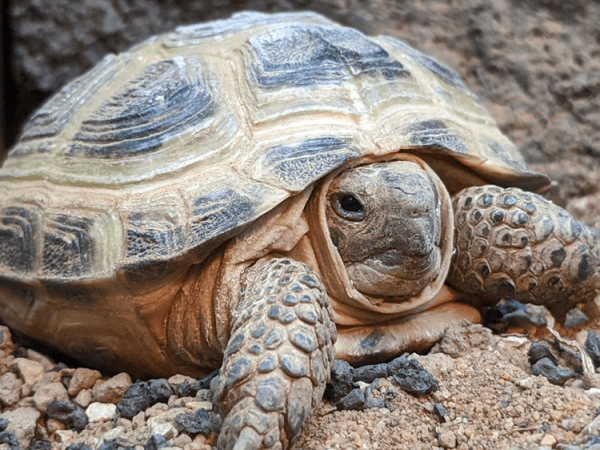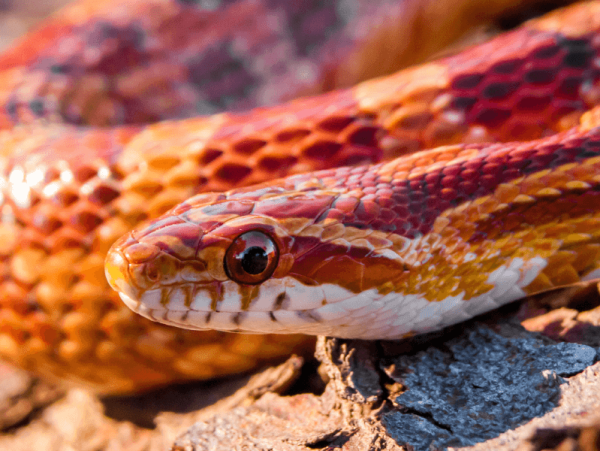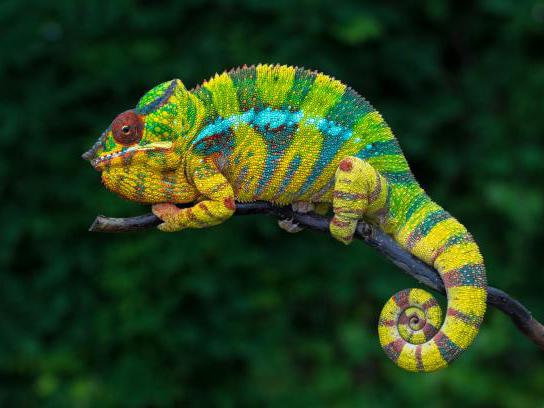Reducing the risk of Salmonella infection from reptiles and their food
Salmonella is a group of bacteria with over 2463 serotypes, which causes the infection termed Salmonellosis. Salmonella bacteria can be found in the intestines of many animals across the globe, particularly reptiles, including pet reptiles. Most reptile owners are well aware of the fact that reptiles carry salmonella, although not all are completely aware of the risks and how to avoid them. Reptiles shed Salmonella through their faeces, meaning it can quite quickly be spread across their enclosures and other surfaces they come into contact with.
In September 2021, scientists confirmed a link between cases of human Salmonellosis in the UK and frozen feeder mice used to feed pet reptiles from Monkfield Nutrition, which was traced back to a single batch from Lithuania, causing Monkfield Nutrition to contact all of their customers and launch a product recall on the affected feeder mice product. This recall does not affect rats used as feeders.
In response to this, the Food Standards Agency (FSA) introduced a number of measures, which mean that retailers of frozen rodents must now provide their customers with a leaflet detailing the risks of Salmonella and advice on avoiding infection with every frozen rodent purchase.
Here at Swell Reptiles, our frozen feeder rodents are sourced through PLT Frozen Foods, who this product recall does not affect, however, we have taken the opportunity to improve our guidance on the matter and do our best to keep our customers safe and informed on the risks and ways to avoid infection.
Salmonella infection
In most instances, symptoms of Salmonellosis are relatively mild, and can either be asymptomatic or cause short-term acute illness, presenting itself with symptoms such as diarrhoea, vomiting and abdominal pain. However, in children under five and those with compromised or weakened immune systems, Salmonellosis can cause more severe illness and lead to hospitalisation.
It is recommended to seek help from a medical professional if you have one or more of the following symptoms:
- Diarrhoea and a fever greater than 38°C (102°F).
- Diarrhoea lasting more than three days without improvement.
- Blood in stool.
- Prolonged vomiting causing dehydration.
Handling feeder rodents
Just like when handling raw human food, there is a risk of Salmonella when handling raw or frozen and defrosted reptile foods, such as rats, mice and chicks, as freezing does not kill Salmonella bacteria, this applies to all frozen reptile foods, and not just the batches affected by the product recall in question. We recommend wearing gloves any time you handle frozen reptile foods, and to wash your hands thoroughly with soap and water afterwards.
Storage of frozen food for reptiles
It is important not to allow your frozen reptile food to defrost in the time between purchasing and getting home, and not to defrost and refreeze the frozen feeders at any point. Where possible, we recommend keeping frozen reptile food completely separate from any human foods, in a separate freezer, however, in cases where this is not possible, the feeders should not be allowed to come into contact with any human foods that may be in the same freezer. It is also worth double-bagging your frozen reptile food to minimise the risk of cross-contamination.
Defrosting and hygiene measures
Frozen feeder rodents and chicks should be allowed to defrost naturally at room temperature, on disposable newspapers or tissues, ensuring they do not come into contact with any food preparation surfaces or equipment. Don't defrost feeder rodents or chicks in warm water, or use other warming equipment such as hairdryers, as this dramatically increases the risk of cross-contamination of hands, items and surfaces.
Once the pet food is defrosted, it is important not to leave it too long before feeding to your reptiles, and to dispose of the newspapers or tissues and disinfect the surrounding surfaces using household bleach or boiling water, keeping in mind that many traditional disinfectants are not effective at killing Salmonella bacteria. You should avoid preparing food on the same surface that you defrosted pet food on, despite disinfecting.
Feeding reptile feeder rodents
When feeding your reptiles frozen feeders, it is important to minimise contact with the feeders by using tweezers and wearing gloves during the process. Once your reptile is fed, wash your hands with soap and water immediately, and thoroughly clean and disinfect any feeding equipment used to reduce the risk of cross-contamination.
Summary
Although there is always a risk of Salmonella contamination from reptiles and their frozen foods, when all of the above measures are taken into account, this is generally a very small risk, and is not any more dangerous than handling raw meats used as human foods, so should not be a put off to anyone considering adopting one of the beautiful animals that require these kinds of diets.
The main takeaway message here is to practice good hygiene, keep raw pet foods away from human foods, and thoroughly disinfect surfaces and hands following the handling or use of frozen reptile foods, when all of this is done, the risk of contracting Salmonella should be negligible and not a major cause for concern. ]
Need help on how to feed your reptile frozen food, or working out which frozen food would be best for them? Why not take a look through our other help guide - Feeding your reptiles frozen food.




